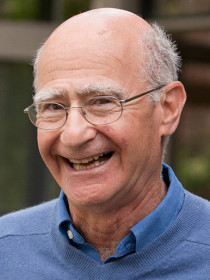Connect with Sidney
About Sidney
Specializes in social movements, contentious politics and legal mobilization. Before coming to Cornell he taught at Yale and has been a visiting professor at the European University Institute in Florence, the Central European University in Budapest and at the Institut d’Etudes Politiques in Paris.
Contributions
In the News
Publications
Provides the first examination of the emergent resistance to the Trump Presidency, with attention to the goals and organization of civic groups.
Presents a set of analytical tools and procedures for study, comparison, and explanation of revolutions, social movements, religious and ethnic conflict, nationalism and civil rights, and transnational movements. Drawing on many historical and contemporary cases, the book shows that similar principles describe and explain a wide variety of struggles as well as many more routine forms of politics.
Shows how contentious politics, or disruptions of the settled political order caused by social movements, sometimes trigger, animate, and guide the course of war and how they sometimes rise during war and in war's wake to change regimes or even overthrow states.
Surveys the modern history of the modern social movements in the West and their diffusion to the global South through war, colonialism and diffusion, and it puts forward a theory to explain its cyclical surges and declines.
Shows how even the most prosaic activities -- like immigrants bringing remittances back to their families -- can assume broader political meanings when they provide ordinary people with the experience of crossing transnational space. Demonstrates that transnational activists must be defined with relational structures.
Brings together the best current research on the nexus between the local and the global in translating the global justice movement into action at the grassroots, and vice versa.
